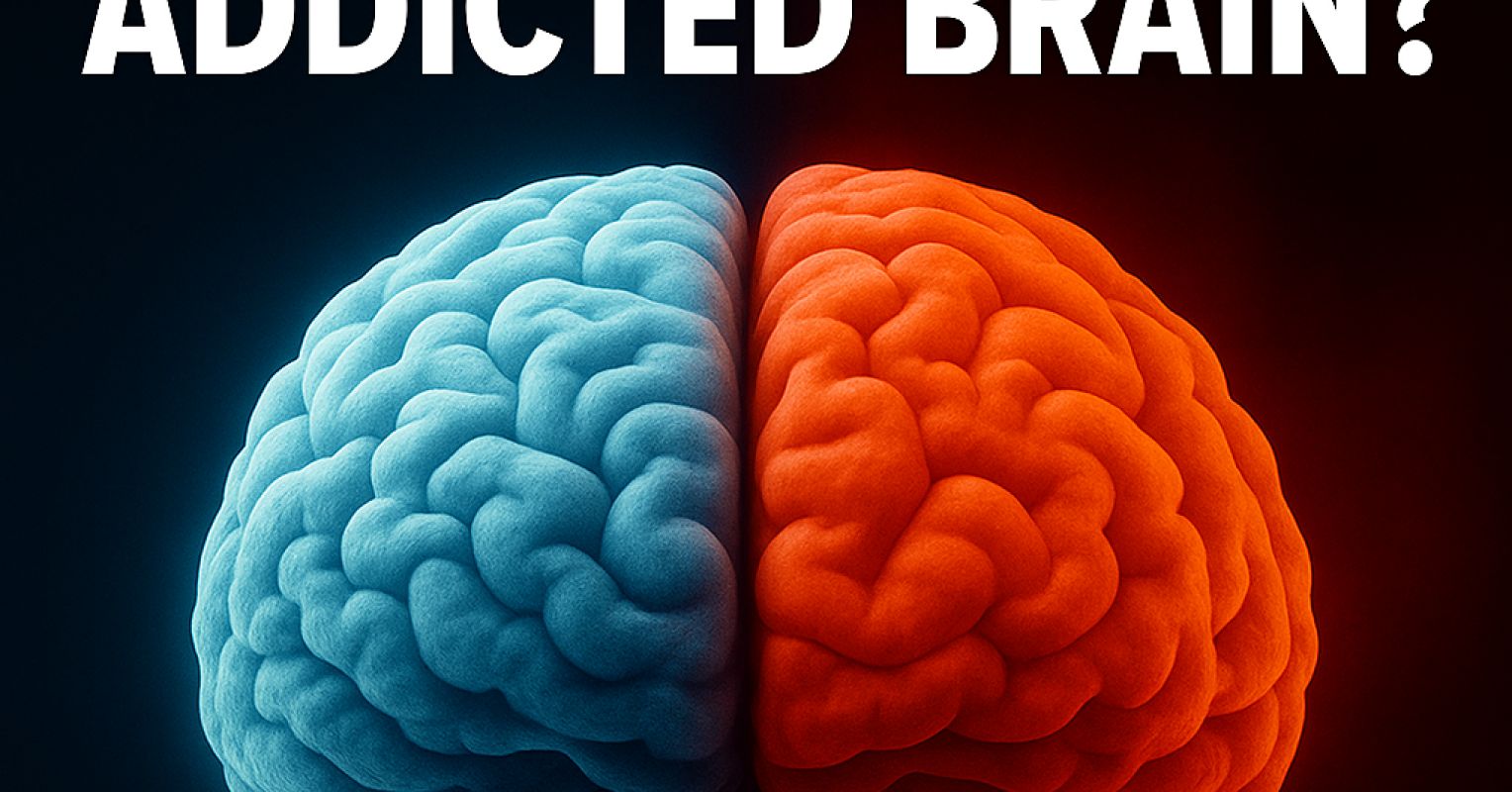
"Addiction involves measurable changes in the brain's structure, affecting motivation and impulse control, making it challenging for individuals to regulate their drinking behavior."
"When alcohol becomes a source not of pleasure but of discomfort relief, an individual transitions from choice-driven to compulsion-driven drinking patterns."
"The desire to continue drinking despite harm is a defining feature of an addicted brain, often involving neurobiological challenges that complicate efforts to quit."
"If repeated attempts to cut back on drinking have failed, it may indicate the presence of an addicted brain rather than simply a lack of willpower."
Alcohol can shift from a social indulgence to a compulsion for some individuals due to changes in brain function. This 'addicted brain' affects areas responsible for motivation, decision-making, and impulse control. Individuals may find themselves unable to control their drinking despite intentions to cut back. Key indicators of this state include repeated failed attempts to quit, rooted in neurobiological challenges rather than mere willpower issues. Recognizing these changes can be crucial for regaining control over one's health and drinking habits.
Read at Psychology Today
Unable to calculate read time
Collection
[
|
...
]